Tiny Terrors: Unpacking the Myth of Aggressive Chihuahuas
Published July 14 2023, 2:50 p.m. ET
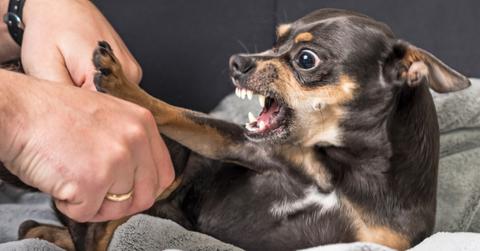
Chihuahuas are one of the tiniest and cutest small dog breeds, but like all dogs, you should take precautions around an animal you don't know. When approached by a stranger, the pup may become a little demon, baring teeth, growling, and even nipping at you.
Chihuahuas seem to have the biggest Napolean complex of any dog breed, although there is no scientific evidence that smaller dogs are more aggressive. Why, then, do Chihuahuas have a reputation for being so aggressive? Let’s look at the Chihuahua breed and where they got their temperament.
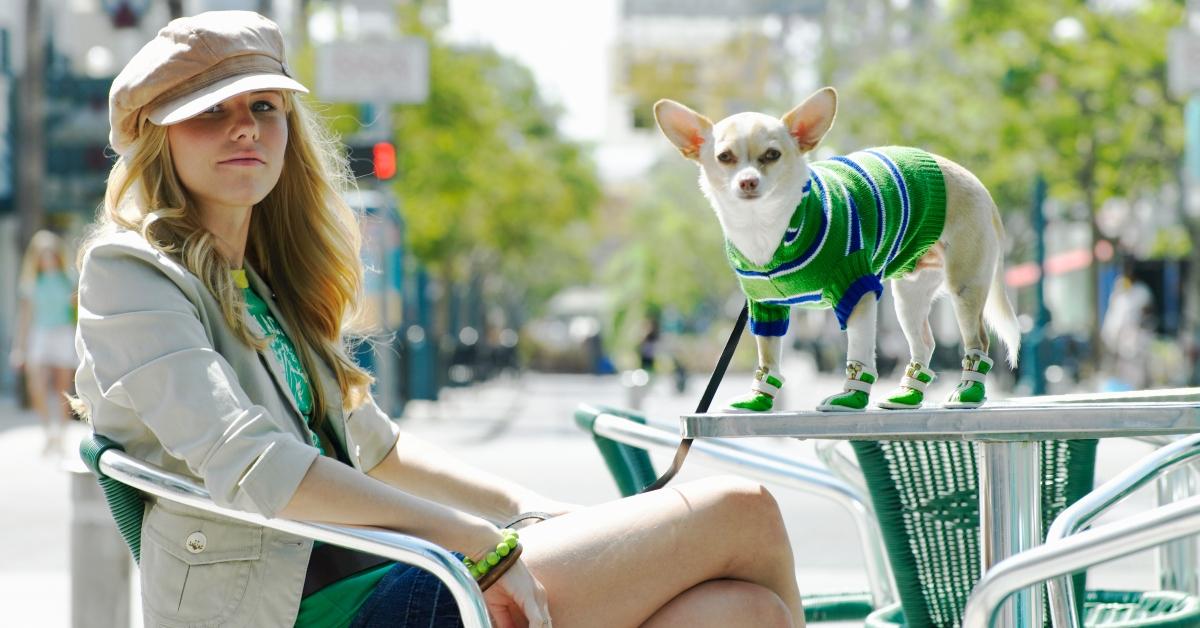
Why are Chihuahuas so aggressive?
Never underestimate a Chihuahua based on its size. They may be small, but they have big personalities and are fiercely loyal and protective of their humans. Chihuahua's feisty behavior has earned them the nickname “ankle-biters.”
However, they are actually very lovable companions. The Chihuahua Shack reports that their aggressive behavior is usually triggered if they feel threatened, scared, or insecure.
Another reason that Chihuahuas can act mean or aggressive is due to their protective nature. When dogs have troubles with resource guarding, the Humane Society notes it is because they are trying to establish ownership of a person, a treat, or a toy. Typically, however, these behaviors all trace back to the pup having some form of anxiety.
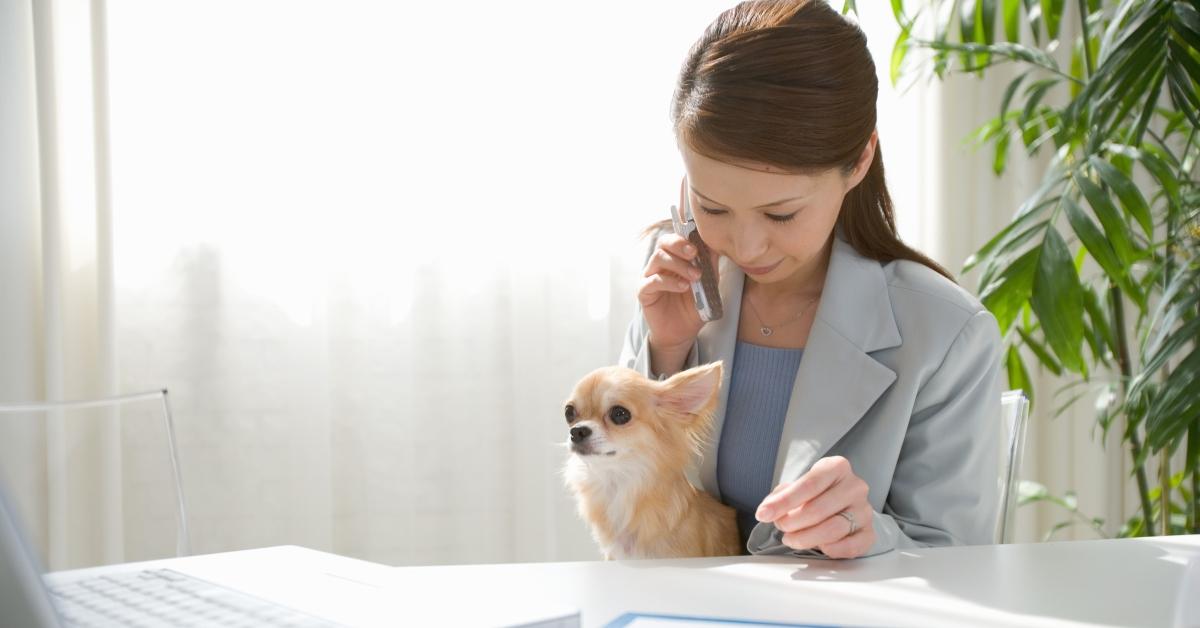
Since Chihuahuas are so small, they are more susceptible to getting hurt. So if a child tries to play too rough with the little dog, it may lash out to protect itself. According to the American Kennel Club, this is a big reason why the Chihuahuas aren’t a good dog breed to have around young children.
Stress can also put your Chihuahua in a bad mood. They may suffer separation anxiety if their person leaves them for extended periods, reports Puppy in Training.
Aggressive traits may be due to a lack of socialization.
Because Chihuahuas get so attached to their humans, they usually don’t socialize much with other people or dogs. Attachment issues can cause them to be more fearful or uncomfortable with other people, thus leading to aggressive behavior.
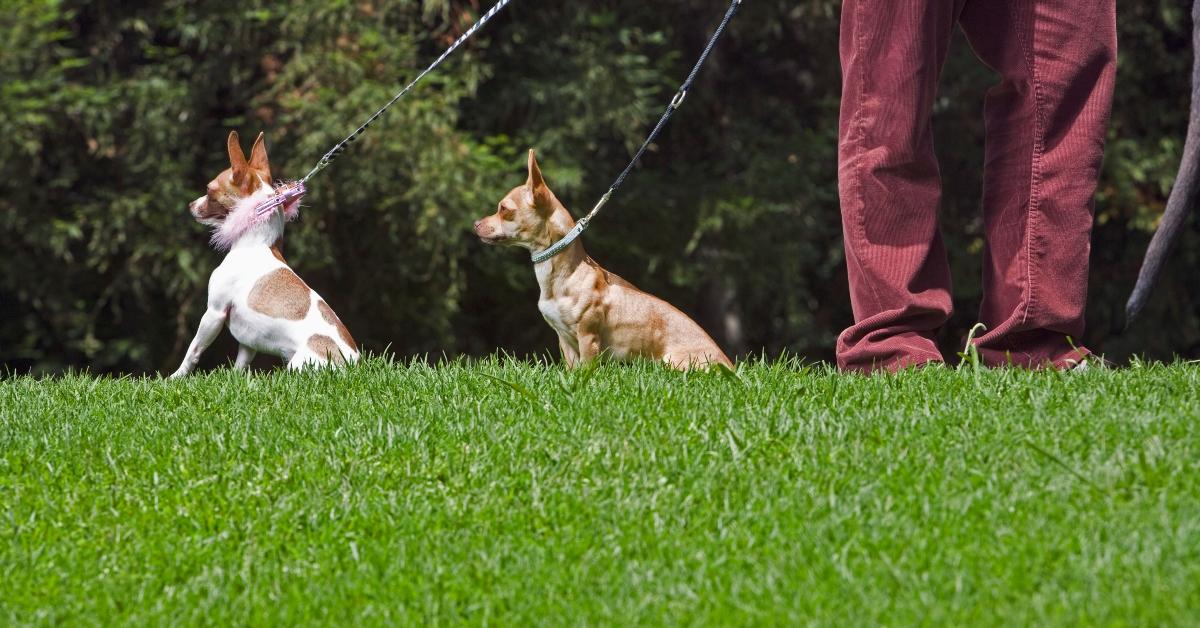
Aggressive traits in your Chihuahua can be growling, snapping, barking excessively, a curled up lip, bared teeth, stiff body, and raised hair on their back, reports The Chihuahua Shack.
The Dog Cafe reports that social development for a Chihuahua is most crucial in the first seven weeks of their life. Exposing them to more people and other pets during this time may help to curb their aggression toward others when they are older.
According to The Chihuahua Shack, options for socializing your Chihuahua include playdates with other dogs, park walks, pet stores or other pet-friendly stores and restaurants, and puppy classes.
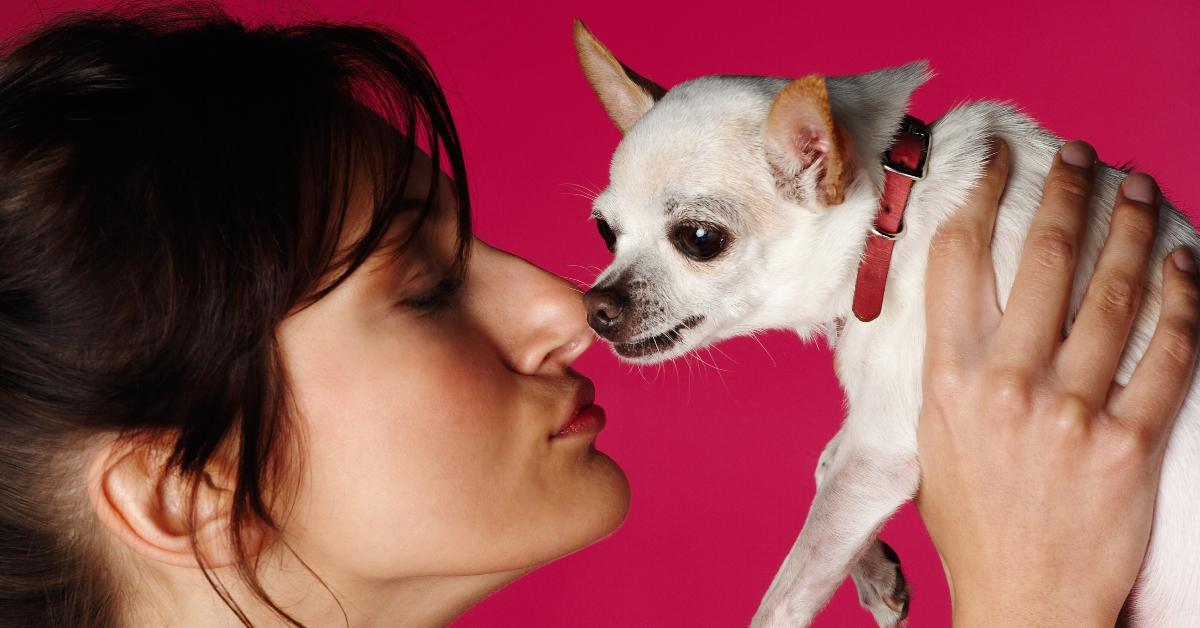
Here are a few tips to train a Chihuahua not to be aggressive.
Socialization and training play a major factor in your Chihuahua’s personality. Beyond socialization, consistent obedience training may help minimize your furry friend's outbursts of aggression, reports Puppy in Training.
The Chihuahua Shack suggests that training may be difficult because little Chihuahuas can be stubborn and sassy. Positive reinforcement and treat rewards will work better in training your Chihuahua than scolding and punishments.